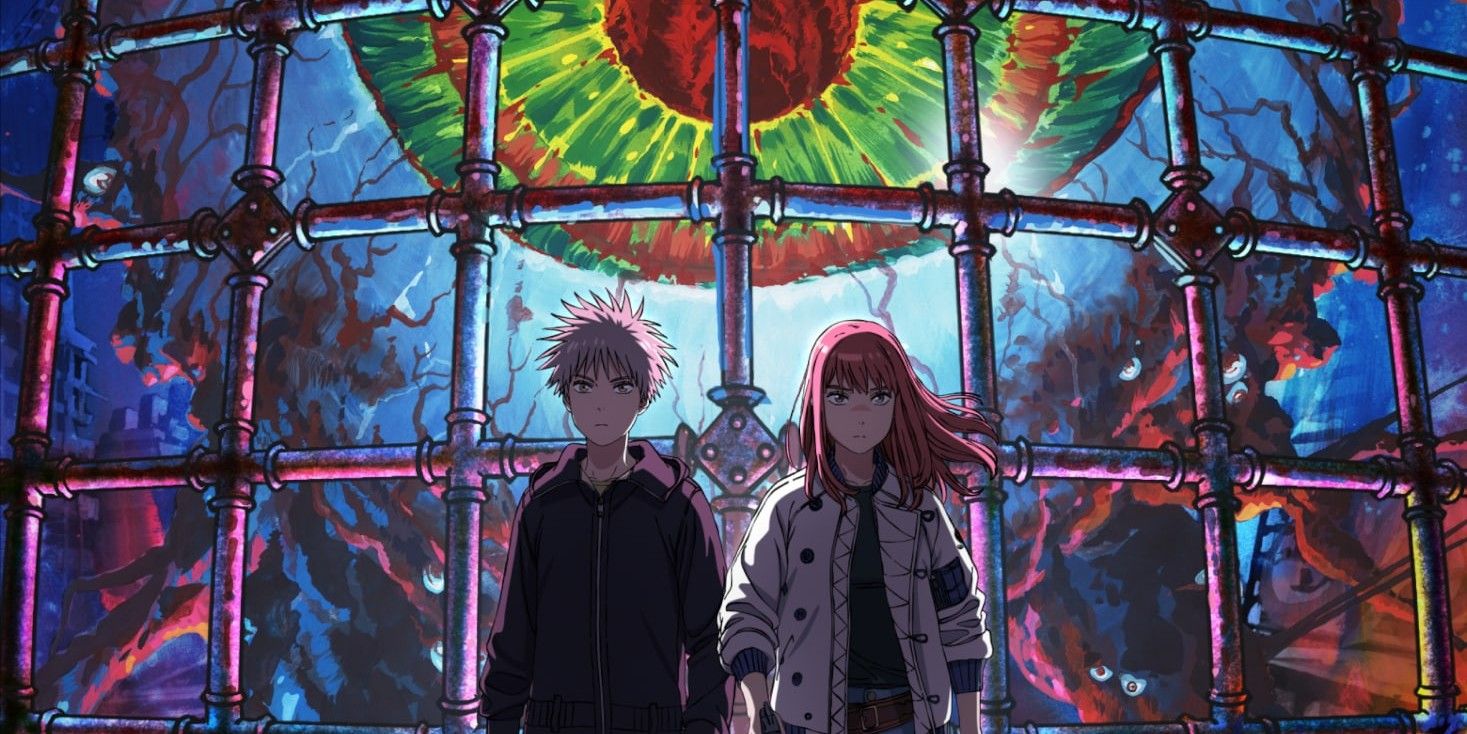
From content creator to editor to publisher, an element of the industry comic Experts agree that piracy is a problem. Surprisingly, however, according to the editor-in-chief of a major manga publication, piracy is not all bad. Although the Japanese government has recently cracked down on manga piracy, according to his analysis, piracy can be a positive for the long-term viability of the industry.
Akira Kanai is the editor-in-chief of Kodansha's popular manga anthology Weekly Afternoon, and in an interview with the German magazine Manga Passion, he discussed the potential benefits of piracy. In response to a question about his thoughts on the globalization of the Japanese manga system, Kanai began by saying that the spread of manga around the world is crucial to the continued existence of the medium. While Kanai does not fully endorse piracy, he points out that it is a useful tool in the spread of manga.
It would be great if they not only read illegal pirated copies, but also paid a little money for them. But if they don't have money and there are a lot of pirated copies, I think the current pirated copies are fine – I could get beaten to death by a board member for saying that right now. (laughs) First of all, it's important to read manga.
Protecting Manga from Piracy is a Major Focus of the Industry
Anti-piracy measures are essential for the Manga business
To fully articulate his thoughts, Kanai points out that while the largest manga market remains in Japan; the country's population is declining – especially among younger generations, which means There is a group of children and teenagers who are increasingly losing their desire to read manga.. Kanai argues that although the domestic manga market is huge, it is shrinking every year. Therefore, in Kanai's mind, the only way for manga to continue to survive is to capture the minds and hearts of young people abroad.
Of course, international expansion occurs through systematic and legal distribution of content through officially verified channels such as licensed distributors based in other countries. But expansion can also occur naturally, such as through piracy. Certainly, more than a few die-hard manga fans had their first experience with the medium through a pirated copy of the big three manga series such as Naruto, One Piece or Bleach. While Kanai is careful not to condone this behavior, he makes it clear why this can be a benefit, namely by increasing the accessibility of manga.
Kanai's View: Piracy Can Benefit the Manga Industry
It’s worth noting that Kanai’s comments are based on the extensive countermeasures the industry has taken to protect itself from piracy. As an editor, he was certainly aware of these protective efforts, which include controlling the distribution of manga—for example, requiring all manga downloads to come from Kodansha’s own data centers or verified partner servers. Measures also include watermarks to distinguish official from unofficial versions, and litigation—or legal prosecution—of pirates.
However, since these protections are already in place, Kanai’s idea makes some sense. For a business model that clearly needs to continue to accommodate new consumers, piracy, in Kanai’s analysis, acts as a temporary free distribution vehicle for manga content. While each pirated copy of a manga causes a loss of profit for the content creator and publisher, it also saves on all the costs that the publisher forgoes – such as server fees, manga delivery fees, and insurance.
Weekly Afternoon is known for publishing iconic manga series such as Heavenly Delusions, Parasyte, and Blade of the Immortal.
Kodansha editor says manga pirates often turn into mainstream readers
Custom image of Yeider Chacon
The biggest factor, however, is that pirates distribute manga to people who might not otherwise have the opportunity to read the work. By Kanai's logic, once addicted to a work, such fans may, at some point, abandon their pirated access in favor of official copies when they realize that legal access offers many benefits that piracy cannot. Most manga distributors offer more than a few perks to fans who subscribe to official services. According to Kanai, the potential benefits of readers switching from unofficial to official media are ultimately a benefit to comic ecosystem
Source: Manga Passion





